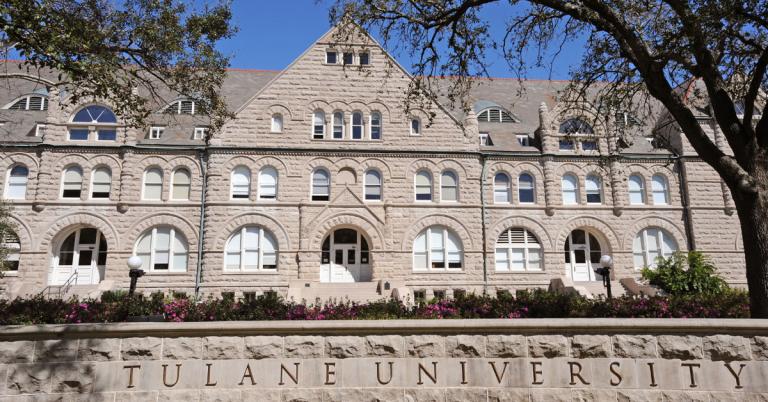 A new study about boys from religious families indicates that they do better in school and life than boys who come from non-religious families. Dr. Llana M. Horowitz, an assistant professor of Jewish studies and sociology at Tulane University, followed the lives of American teenage boys who came from families that attended evangelical churches regularly. Being Jewish, she says the results of her study also prove true for Jewish boys from religious families. Dr. Horowitz had an op-ed piece in The New York Times two days ago about her study. It begins as follows:
A new study about boys from religious families indicates that they do better in school and life than boys who come from non-religious families. Dr. Llana M. Horowitz, an assistant professor of Jewish studies and sociology at Tulane University, followed the lives of American teenage boys who came from families that attended evangelical churches regularly. Being Jewish, she says the results of her study also prove true for Jewish boys from religious families. Dr. Horowitz had an op-ed piece in The New York Times two days ago about her study. It begins as follows:
“American men are dropping out of college in alarming numbers. A slew of articles over the past year depict a generation of men who feel lost, detached and lacking in male role models. This sense of despair is especially acute among working-class men, fewer than one in five of whom completes college.
“Yet one group is defying the odds: boys from working-class families who grow up religious.
“As a sociologist of education and religion, I followed the lives of 3,290 teenagers from 2003 to 2012 using survey and interview data from the National Study of Youth and Religion, and then linking those data to the National Student Clearinghouse in 2016. I studied the relationship between teenagers’ religious upbringing and its influence on their education: their school grades, which colleges they attend and how much higher education they complete. My research focused on Christian denominations because they are the most prevalent in the United States.
. . . . . . . .
“However, teenage boys from working-class families, regardless of race, who were regularly involved in their church and strongly believed in God were twice as likely to earn bachelor’s degrees as moderately religious or nonreligious boys.
“Theological belief on its own is not enough to influence how children behave. Adolescents must believe and belong to be buffered against emotional, cognitive or behavioral despair. I found that religion offers something that other extracurricular activities such as sports can’t: It prompts kids to behave in extremely conscientious and cooperative ways because they believe that God is both encouraging and evaluating them.”
“Religious boys are not any smarter, so why are they doing better in school? The answer lies in how religious belief and religious involvement can buffer working-class Americans–males in particular–from despair.
“Many in the American intelligentsia–the elite-university-educated population who constitute the professional and managerial class–do not hold the institution of religion in high regard. When these elites criticize religion, they often do so on the grounds that faith (in their eyes) is irrational and not evidence-based.
“But one can agree with the liberal critique of conservatism’s moral and political goals while still acknowledging that religion orders the lives of millions of Americans–and that it might offer social benefits.”
For me, as an evangelical Christian, this is refreshing to learn since the church in America is losing members, both the church and our whole society has become so divided politically, the ranks of atheists are growing, Christians are feeling more and more a need to defend their faith socially, and there are an increasing number of trolls on social media who try to hammer Christian bloggers like me!
I didn’t come from a religious home, but I have seen that doing so can have a positive influence on both boys and girls. Dr. Horowitz has some interesting insights into why the opposite–coming from a non-religious home–affects boys negatively even more than girls. Her study is timely in what seems an every increasingly chaotic world.













